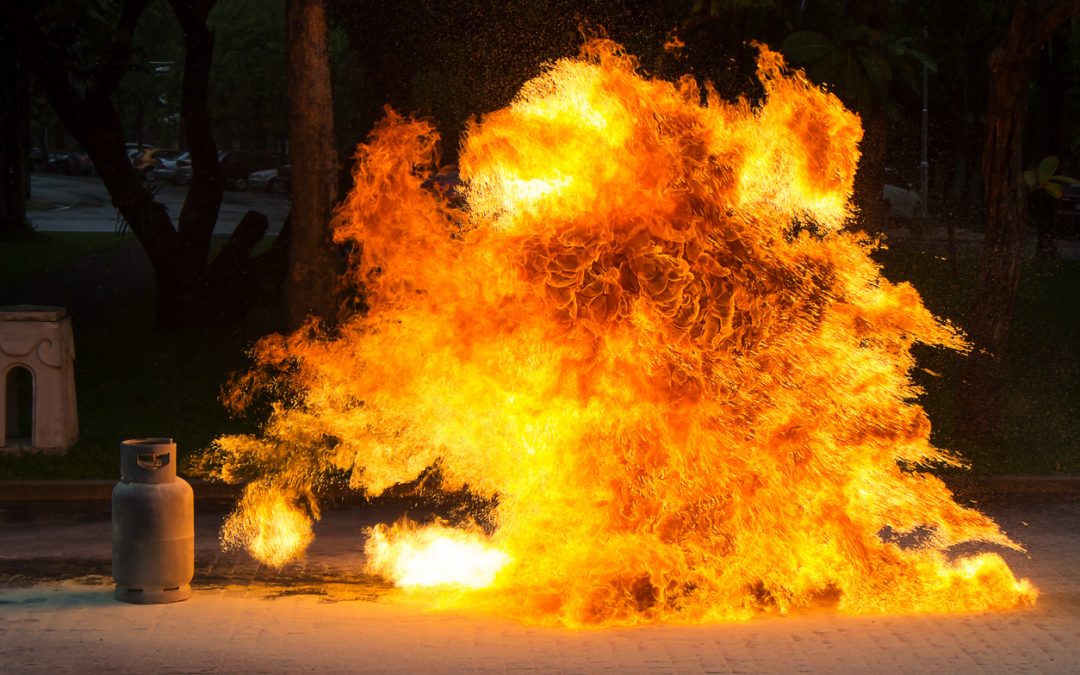Would you pour gasoline onto a dangerous fire that you are trying to control? Of course not, but that’s a good metaphor for how our bodies betray us with adrenaline when we’re angry. If you, like me, have been violent with your partner but want to stop, then understanding adrenaline is critical.
When we are angry, our glands release the hormone adrenaline, which makes anger not just an emotional state, but also a physical one. Adrenaline fuels anger further, so instead of calming down like we may want or need to do, it adds to the problem. Knowing how adrenaline works and how to minimize its effects can help us keep our reactions under control.
The purpose and downside of anger and adrenaline
Anger and adrenaline both have a place and purpose. Anger is a normal emotion and can be a healthy one, too, motivating us to act to protect others or ourselves. Adrenaline helps us survive by preparing our bodies and minds to either fight, in the case of anger, or flee, if we experience fear.
However, we often perceive threats to be far bigger than they actually are. If we respond with one of these two very limited reactions, we miss the opportunity to think of a better response. Out of control anger leads to problems at work, in personal relationships, and in the overall quality of our lives. At its worst, it can result in acts of domestic violence aimed at our partners, which is what I did.
Physical effects
Adrenaline causes many physical changes, putting us in a high alert mode. Our heart rate, blood pressure, respiration, and body temperature increase, our muscles tense, and we can feel flushed, sweaty, or shaky. More blood flows to our muscles to prepare to fight, but less goes to our brains.
Mental impacts
Adrenaline fueled anger affects the mind, too. Our thoughts tend to become distorted and highly judgmental. We may see others only as jerks and not objectively, as someone with both good and bad traits, as they really are.
Our mind hunts for other times when we’ve had this emotion, finding memories that then increase the emotion we’re already feeling. Ever wonder why you or your partner tend to expand arguments and drag up events from the past? Blame adrenaline.
Intense anger like rage impairs our judgment and thinking, and we are more likely to say and do unreasonable and irrational things. The urges that often accompany anger are acting-out urges. We feel compelled to lash out in verbally hurtful ways, yell or scream, throw something, or hit someone.
Damage control strategies
You can see how adrenaline inflames our anger and makes it worse. The good news is that it is a fairly short-acting hormone, lasting only 20-60 minutes in our bloodstream. Therefore, it’s wise to allow at least that amount of time after being angry to return adrenaline levels to their pre-arousal state.
So what should we do while this process runs its course? Time-outs are a great tool to employ. The prescribed physical activity accelerates adrenaline burn-off, while the mental activities restore us to a constructive, problem-solving mindset.
Longer-term, you might want to consider increasing your skills around coping with anger, perhaps with the help of a counselor. Good anger management involves recognizing anger early and taking positive actions to deal with the situation, all while remaining calm and in control. It does not mean stuffing our anger or avoiding our angry feelings.
I caused a lot of damage to my relationships and myself because I struggled with emotional control, especially anger. I discovered that coping with that anger was possible, but it was also an acquired skill. Learning how to counter the effects of adrenaline was a big first step into regaining my emotional control and stopping domestic violence.


Recent Comments